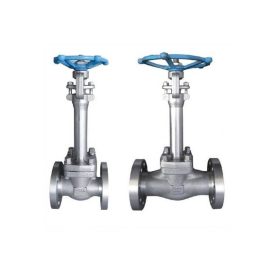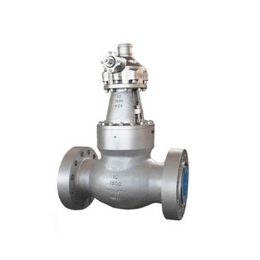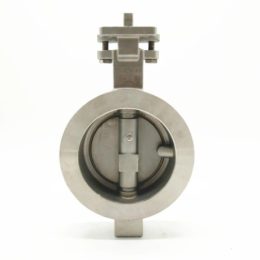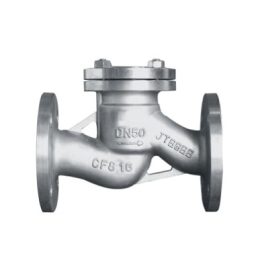Regulating Valve: The Key to Efficient Process Control
At FLUID-VAVLES, we believe that efficient process control is a vital part of any industrial operation, and regulating valves are a critical component in achieving this efficiency. In this article, we’ll explore the importance of regulating valves in industrial processes, their various types, and how they can be utilized to achieve optimal process control.
What are Regulating Valves?
Regulating valves are control valves that are used to regulate the flow of fluids, such as gases or liquids, in a system. They are designed to accurately and efficiently control the flow of fluids to ensure that the process operates smoothly and efficiently. Regulating valves are often used in various industrial applications such as oil and gas, chemical, and pharmaceutical industries.
Types of Regulating Valves
There are several types of regulating valves available, each with its unique features and benefits. Below are some common types of regulating valves:
Globe Valve: A globe valve is a linear motion valve that is widely used in industrial applications. It is designed to regulate fluid flow with high precision and is capable of handling high pressure and temperature.
Butterfly Valve: A butterfly valve is a quarter-turn valve that is used to regulate fluid flow. It is suitable for applications that require quick and easy shut-off.
Diaphragm Valve: A diaphragm valve is a type of regulating valve that uses a flexible diaphragm to control fluid flow. It is suitable for applications that require a high level of hygiene, such as the pharmaceutical industry.
Importance of Regulating Valves
Regulating valves play a crucial role in process control. They are used to maintain constant fluid flow rates, regulate pressure, and ensure process stability. Without proper regulating valves, the process can become unstable, leading to operational issues, loss of product, and even equipment failure.
Regulating valves also help to reduce energy costs by ensuring that the process operates at optimal efficiency. By maintaining a constant flow rate, regulating valves can reduce energy consumption, which can result in significant cost savings.
Applications of Regulating Valves
Regulating valves can be used in various industrial applications. Below are some common applications:
Oil and Gas Industry: Regulating valves are used to control the flow of oil and gas in pipelines and other equipment.
Chemical Industry: Regulating valves are used to control the flow of chemicals in production processes.
Pharmaceutical Industry: Regulating valves are used in pharmaceutical processes to control the flow of fluids and maintain high levels of hygiene.
Conclusion
In conclusion, regulating valves play a critical role in industrial processes. They are used to regulate fluid flow, maintain constant pressure, and ensure process stability. There are several types of regulating valves available, each with its unique features and benefits. At [Company Name], we offer a range of regulating valves that are designed to meet the specific needs of our customers. With our expertise in process control and our wide range of products, we are committed to helping our customers achieve optimal process efficiency.



